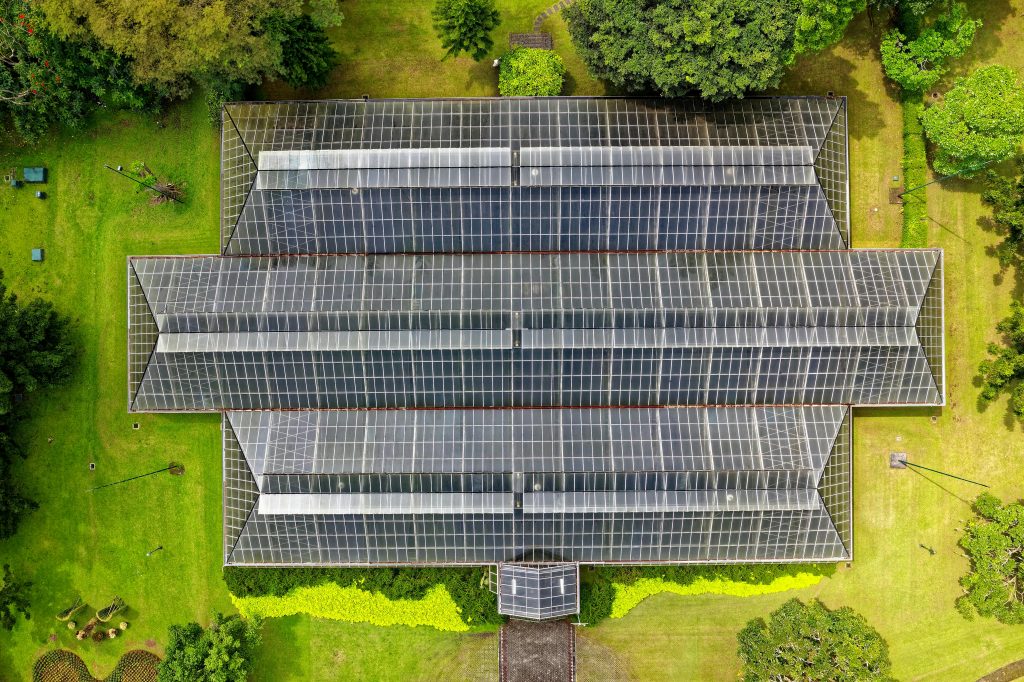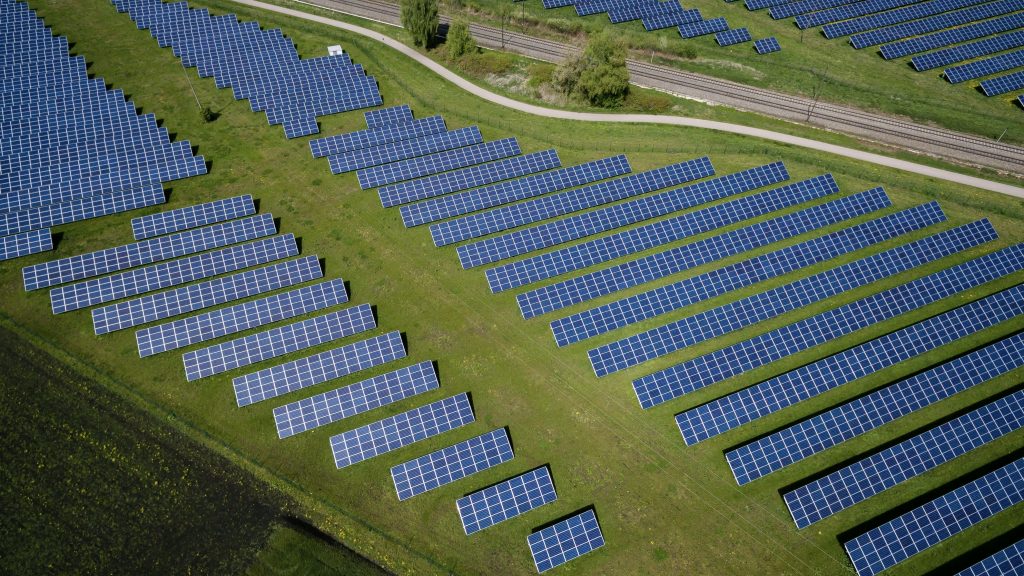KYOS Joins As Presenting Partner For 6th Power Price Forecasting Summit

The 6th Power Price Forecasting Summit, on January 15-16, 2025, in Amsterdam, is one of the most eagerly awaited events for those working in the energy markets and who face the challenges it offers. The summit occurs at a moment when global energy systems are transitioning at an accelerated pace fueled by renewable energy deployment, policy changes, and trading environment fluctuations. Accurate power price prediction has always been important but is now more critical than ever. This is because it directly affects energy trading activities, investment decisions, and operation planning. This year, the event gains further significance with KYOS’s introduction as the presenting partner. This article introduces KYOS’s contribution/role and explains why this event should be a top priority for energy professionals.
Intraday Auctions: How Is It Reshaping European Energy Trading?

The landscape of European energy is undergoing a dramatic transformation with a growing emphasis on striking a balance between the integration of renewable energy generation and aftermarket efficiency. This change, however, is accompanied by many barriers. It covers the need for energy supply variations, real-time demand, and optimized trading processes. Intraday auctions (IDAs) have come up as a major innovation to deal with the complexities. IDAs, unlike traditional mechanisms, allow participants to fine-tune their energy positions closer to delivery, reflecting changes in real-time to the grid. If seen beyond a traditional tool, IDAs depict a milestone in the modern energy market design. They enhance adaptability, promote cooperation cross-border, and give a structured platform for addressing the dynamic nature of energy flows in Europe. This article goes through the technological/ regulatory enablers of intraday auctions and also explores the opportunities and challenges shaping European energy trading.
LLMs & NLP: Reshaping Legal Knowledge Management

The legal industry stands at a crossroads with the advent of technology revolutionizing conventional knowledge management practices Among the most significant developments, Large Language Models (LLMs) & Natural Language Processing (NLP) are revolutionizing the way legal teams can access, organize, and apply information. These tools enable the automation of tasks, identification of actionable insights, and facilitation of processes that previously seemed unimaginable for making decisions. This article discusses how LLMs & NLP are transforming legal knowledge management. We will look at their role in transforming data organization, driving informed decision-making, and challenges associated with adoption. With these innovations in mind, legal professionals can unlock new efficiencies and prepare for a tech-driven future.
Peak Shaving: Impact on Price Formation

Electricity markets are undergoing profound transformations in response to the rise of renewables and changing consumption. A central challenge for grid operators is managing peak demand—the periods when electricity consumption spikes beyond average levels. This has an impact on infrastructure, creates an increased operational cost, and leads to high price fluctuations. Peak shaving, as a demand-side management technique, mitigates the aforementioned issues. It has also become a pillar of modern grid operations influencing everything from energy price-setting mechanisms to infrastructure design. This article discusses the process of peak shaving, its impact on the design of wholesale electricity prices, and the innovations and challenges it holds.
The Future of Legal Research with AI Tools

The legal profession has traditionally relied on painstaking research and human knowledge to understand and move within a sea of regulations and case law. Nevertheless, with technological development, the mode of practicing by the legal professional is changing at an alarming rate. AI is today a powerful tool that streamlines repetitive work, improves decisions, and reveals previously inaccessible insights. It not only reflects efficiency but also a chance to redefine the way legal services are delivered. From parsing vast legal databases in seconds to improving the accuracy of complex analysis, AI is fundamentally changing the landscape of legal research. This article considers how AI is transforming legal research in law firms, the challenges AI presents, and the innovation potential.
AI In Legal Departments: Transformative Impact And Prospects

The legal industry sits at a technological crossroads where artificial intelligence is very rapidly changing the traditional forms of practice. With digital technology, the integration of intelligent systems into the core operations is presenting legal departments with unprecedented challenges and opportunities. This juncture of legal expertise with advanced computational capabilities is creating a new paradigm of delivering legal services. This article will focus on three important dimensions: technological transformation, operational intelligence, and strategic innovation – which constitute the revolutionary impact of AI in legal departments.
The Role of Demand Response in Price Stabilization

The energy sector worldwide is undergoing a great transformation. It is fostered by the growing penetration of renewable energy, innovative technologies, and changing consumption habits. These developments present opportunities as well as challenges, especially in maintaining reasonably stable electric prices. Supply and demand fluctuations along with the variability in renewable power sources cause market instability. The solutions to these challenges are innovative approaches that need to reconcile grid reliability and economic efficiency. Demand response (DR) is central in this setting as it aligns energy consumption with grid conditions. This article explores the multifaceted mechanisms of demand response, points out technologies boosting its efficiency, and focuses on policies & market structure that will enable it as part of the modern energy system.
Prosumer Impact on Local Power Markets

The energy revolution is no longer a distant vision but an unfolding reality. It is driven by individual consumers who are transforming from being mere passive electricity users into active market participants. Furthermore, the traditional paradigms of energy are no longer valid, so prosumers are emerging as the builders of future decentralized, sustainable, and democratized energy scenarios. Moreover, their ability to generate, store, and trade energy is reshaping the rules of local power markets. This, in turn, is challenging the established utilities and opening several possibilities for innovation. The article elaborates on the consumer impact on energy markets. These include innovation in technology, economic dynamics, and regulatory frameworks. These completely reshape how we produce, consume, and engage with resources of energy.
Cloud Computing in Power Price Forecasting

The energy sector stands at a critical technological intersection. This is where data is becoming increasingly valuable than traditional resources. Furthermore, global markets are volatile with renewable energy, geopolitical tensions, and technological disruptions creating unprecedented complexity when it comes to power pricing. Moreover, the traditional means of forecasting are fast being rendered obsolete. It is incapable of capturing the fine web of factors that impact energy markets. This is where emerging technologies emerge with promises to shape and mold raw data into actionable intelligence. Cloud computing is representative of that transformative potential. It takes a revolutionary approach to understanding the dynamics of a market. So, this article discusses how technologies of cloud computing are revolutionizing power price forecasting. It also explores their ability to provide unseen computational insights, sophisticated data integration, and deliver strategic intelligence.
Industrial Load Forecasting: Advanced Techniques For Accuracy

The power grids worldwide face unprecedented challenges in predicting and managing industrial energy consumption. The stakes are also higher than ever as grid stability and efficiency in operations hang in the balance. So, industrial load forecasting emerges as an essential tool for the energy manager, traders, and grid operators who have to maneuver the intricacies of the modern power markets. Moreover, the traditional approaches of simple trend analysis and basic statistical modeling are no longer sufficient today when real-time decisions can translate into the difference between optimum performance and costly inefficiencies. This article will outline three key areas of industrial load forecasting. This includes data integration and preprocessing techniques, advanced modeling approaches, and real-time adaptation strategies.